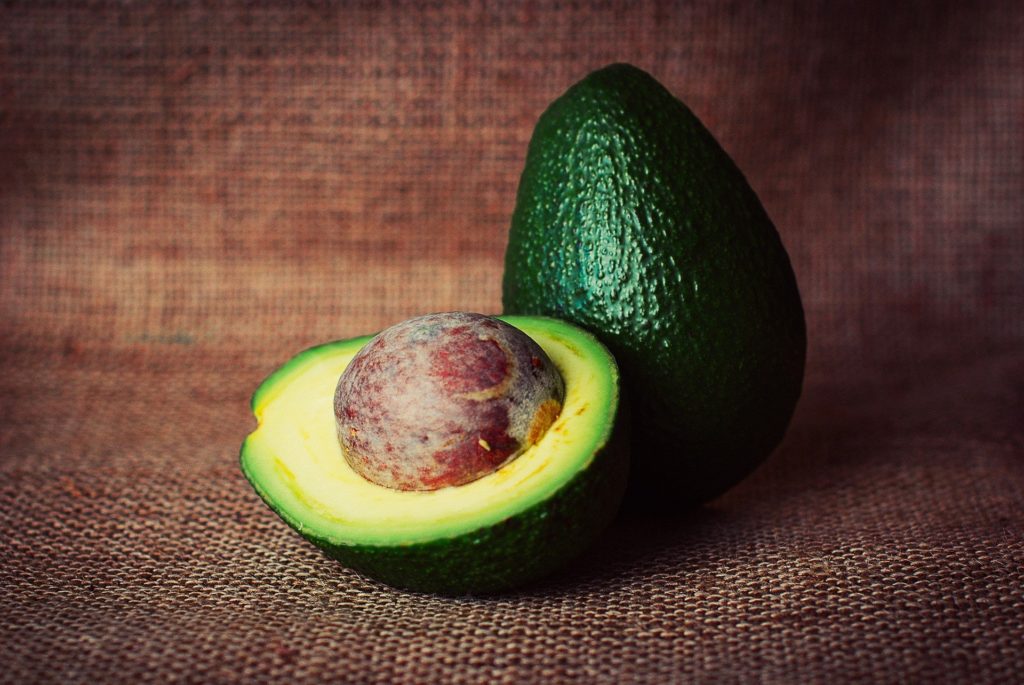What is it about fruit pits? Science Update listeners called and emailed about them frequently over the years with two opposite questions: Will they kill me? and Will they make me live longer?
Avocado pits came up most often. Sure, you can grow them into avocado plants, but how many of those can you (or your spouse/roommate/better self) tolerate? With people reluctant to throw them away, and unwilling to grow them into yet another avocado tree, they became intrigued by the possibility of somehow eating them. Peach pits were a close second, with listeners fascinated by the almond-like seed inside the peach pit (looks yummy!), and its reputation for containing deadly cyanide (uh-oh…).
If you are impatient, the answers are:
No, don’t eat avocado pits: just turning them into a digestible powder requires hours of roasting, cutting and grinding. The result is a substance with no proven health benefit. Also, it may be bad for you. Worst of all, the entire enterprise wastes energy and time.
Sure, you can grow them into avocado plants, but how many of those can you (or your spouse/roommate/better self) tolerate?
As for those almond-like seeds inside peach pits, no, don’t eat them. They don’t contain cyanide per se, but they do have small amounts of the compound amygdalin. Your body has enzymes that will react with amygdalin to produce small but potentially harmful levels of cyanide (the fleshy part of the peach also contains amygdalin, but at far lower concentrations). The bottom line is yes, you can get cyanide poisoning from eating lots of peach seeds. And really, why would you eat any?
While we’re at it, what about almonds? They look suspiciously like peach pits, right? Well, almond trees and peach trees are closely related (Prunus dulcis and Prunus persicus). And, yes, almonds, like peach seeds, do contain amygdalin. However, the sweet almonds sold for consumption have only very low levels. Wild, bitter almonds have high levels of amygdalin, which is why we don’t eat them.
Below is the original Science Update radio feature on the topic, featuring medical toxicologist Claudia Barthold, from the Nebraska Poison Control Center.
Poisonous Pits
Original Radio Show Transcript
BOB HIRSHON (host):
Are pits poisonous? I’m Bob Hirshon and this is Science Update.
Listener Necia Kelleher of Atlanta Georgia called to ask:
NECIA KELLEHER:
Would it be safe to put an avocado seed into a smoothie?
HIRSHON:
We consulted medical toxicologist Claudia Barthold of the Nebraska Poison Control Center. She says avocado pits aren’t poisonous, but because they’re not something we usually eat, they’d probably cause gastric distress. She says in general, seeds and pits are pretty harmless, but that the seeds of apples, peaches, apricots and cherries do contain small amounts of a chemical called amygdalin.
CLAUDIA BARTHOLD (Nebraska Poison Control Center):
When you ingest it, for instance, chew up all the seed and release all the chemical inside the seed, then your body actually turns that into cyanide.
HIRSHON:
But, she says, the levels of cyanide are low, so accidentally eating a few seeds won’t cause any real harm. And if you have a science question, give us a call at 1-800-why-isit. If we use your question, we’ll send you a Science Update mug! I’m Bob Hirshon, for AAAS, the science society.
ADDITIONAL RESOURCES
PLOS: How a mutation turned almonds from toxin to treat/
Alcademics:


 Creative Dreaming
Creative Dreaming